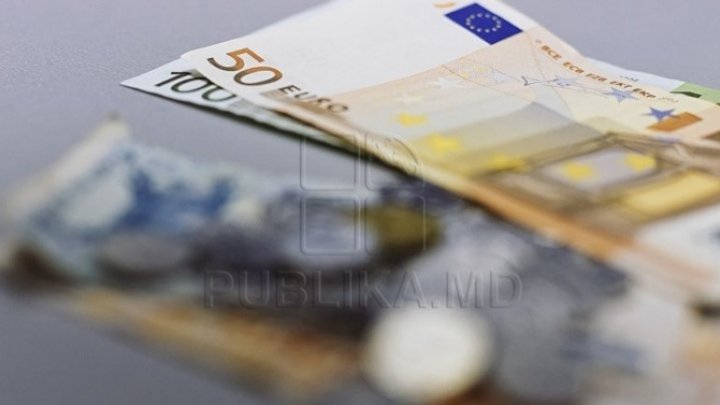Moldova will get two million euros from Germany for social infrastructure and energetic efficiency
 foto: publika.md
foto: publika.md
Moldova will get a two million euros grant from the German Government. The money will be used for developing of the social infrastructure and efficient energy projects. The renovation of education institutions, roads and streets construction, sewerage, aqueduct and water treatment plants and other projects.
"In the third stage we hope to implement eight projects in cities and 12-14 project in villages. The ones who will be more confident and fast will gain", said Mircea Esanu, director of the executive Fund of Social Investments.
In the case of the cities, the funding requests should have a budget of 150 thousand euros, other 30% of the costs will be covered by the local authorities. In the village, there will be allocated up to 75 thousand euros and 15% should be covered by the local administration.
"We are interested in applying to the KFW project. Firstly, we needed a project worth two million and a half lei for the efficient energy of a park. We wanted to light it, to put there surveillance cameras, a meteorologic station and solar panels", mentioned Grigore Robu, the mayor of Nisporeni.
Such a project that had a budget of over than two million lei was implemented previously in Edinet. The money was used for the sidewalks, the cycling tracks and the led installations.
"We want to make Edinet residents to use bicycles, this will reduce the gas", said Constantin Cojocaru, the mayor of Edinet.
"There are many villages who benefited of this grant, but, we need to do mere. Thus, the schools and kindergartens, streets will be repaired, there will be built sewerage systems and so on", said Julia Monar, Germany Ambassador to Republic of Moldova.
At the end of the next week, in the Official Monitor there will be published the announcement of releasing the "Social Infrastructure and Energetic Efficiency" and all the interested ones should apply till May 2.
Previously, our country benefited of a single grant of ten million euros. Over 200 villages developed their living conditions.